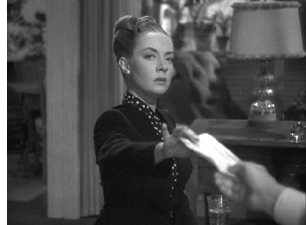Orson Welles’ long-lost 1938 film “Too Much Johnson” was recently discovered in an Italian warehouse and has now been restored, according to the George Eastman House and other preservation orgs.
The restored film will premiere October 9 at Pordenone, Italy’s silent film fest Le Giornate del Cinema Muto. U.S. premiere is set for October 16 at the George Eastman House in Rochester, N.Y.
The silent film was originally meant to be shown as part of the Welles’ stage adaptation of an 1894 William Gillette play, and the Mercury Theater planned to show the three short films as prologues to each act of the play. The three-part slapstick comedy, which starred Joseph Cotten, was originally planed to be screened with music and live sound effects, but was never finished.
The film was found in a warehouse by the staff of Pordenone arthouse Cinemazero.
Other Mercury Theater actors that appear in the film include Eustace Wyatt, Edgar Barrier, Ruth Ford, Arlene Francis, Mary Wickes, Welles and his wife Virginia Nicholson. The play opened without the film on August 16, 1938 and flopped.
The unfinished nitrate work print was given by Cinemazero to Italian film archive Cineteca del Friuli, which transferred it to George Eastman House to be preserved with a grant from the National Film Preservation Foundation.
The only known print until now was thought to have burnt in a fire at Welles’ home near Madrid in 1970.
“This is by far the most important film restoration by George Eastman House in a very long time,” said Paolo Cherchi Usai, senior curator of film, who supervised the project for George Eastman House. “Holding in one’s hands the very same print that had been personally edited by Orson Welles 75 years ago provokes an emotion that’s just impossible to describe.”
More information on the restoration process and screenings are available on the Eastman House website.
http://eastmanhouse.org/collections/tmj.php






